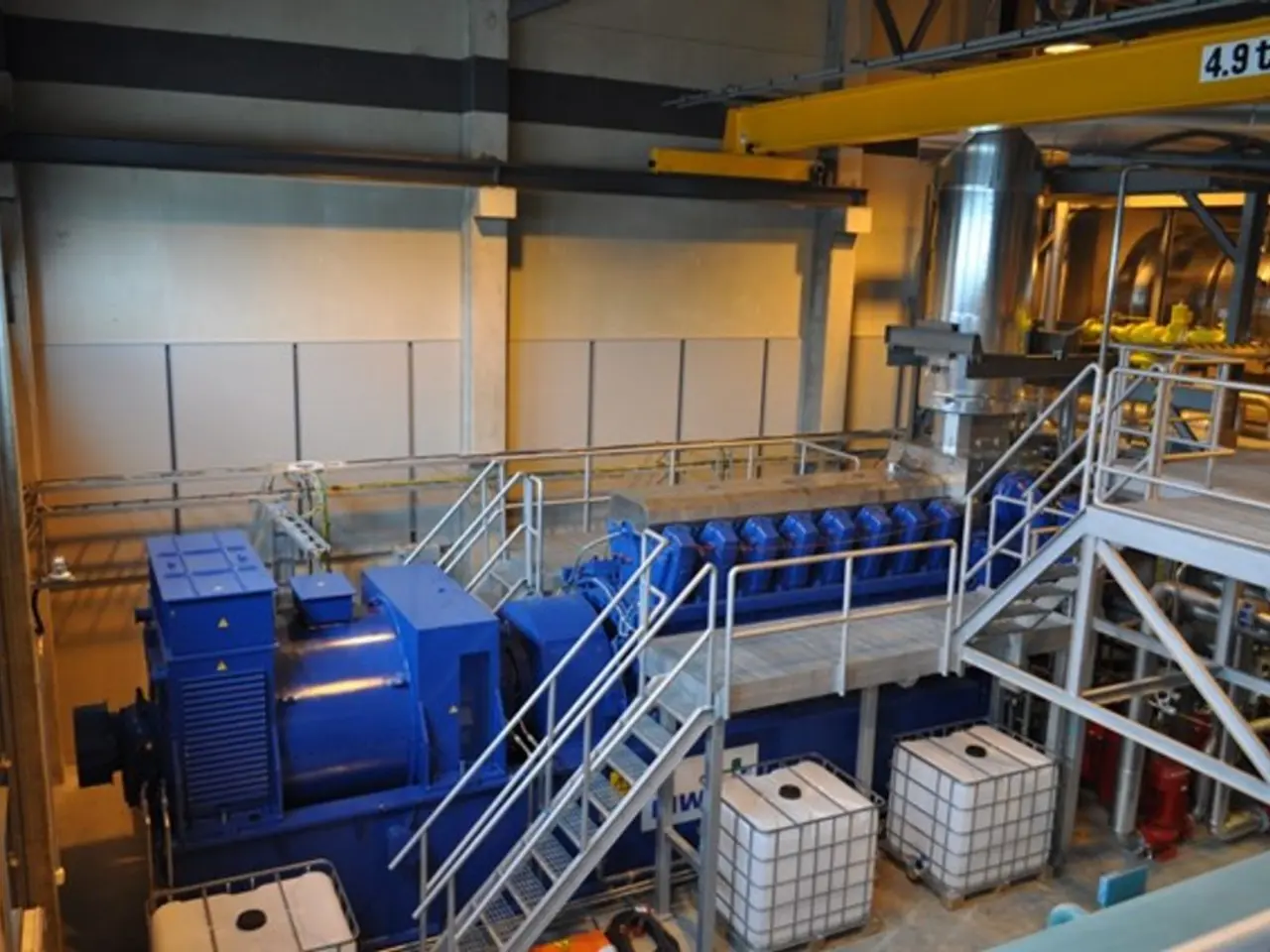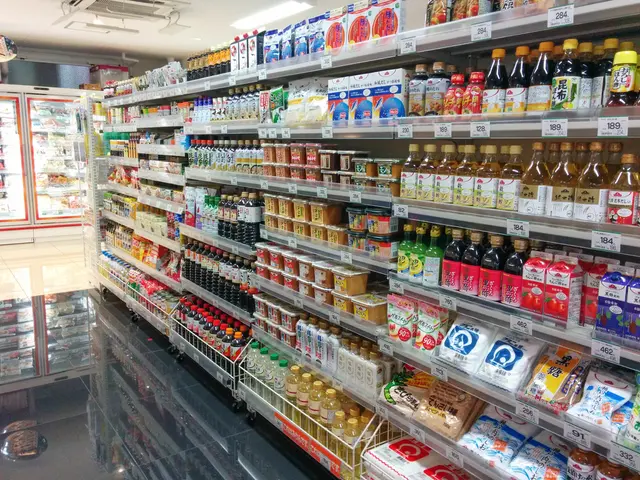Western aerospace supply chains are under pressure due to Russia and China's dominance over titanium production.
The aerospace industry is gearing up for significant growth, with the demand for titanium set to soar, reaching over 1.6 million tonnes by 2044 to cater to the production of approximately 46,000 new commercial planes. This surge in demand is noteworthy, considering that commercial aircraft will account for nearly 90% of annual titanium demand by the late 2040s.
In the world of titanium supply, two countries have emerged as dominant players - Russia and China. Russia accounts for the majority of aerospace-grade titanium metal, while China currently supplies over 75% of the world's titanium metals, a significant increase from less than 40% in 2019. This shift could support the expansion of COMAC, China's commercial aircraft initiative, and the sixth-generation J-36 fighter jet. However, China's growing control over titanium raises concerns that it may restrict outward flows to prioritize its domestic aerospace programs.
The risks to Western supply chains are amplifying the global aerospace industry's post-Covid supply chain crisis. To counter this, companies are taking steps to secure their supply. For instance, Boeing has recently extended and broadened its long-term contract with ATI for the supply of titanium-based materials. This extended agreement strengthens ATI's role as a leading provider of advanced titanium materials for the aerospace industry.
Meanwhile, in the UK, companies like NCC have adopted Dassault Systèmes' 3DEXPERIENCE platform on the cloud and extended its use to other innovation centres within the UK High Value Manufacturing Catapult network. Similarly, Brookhouse Aerospace has invested over £500,000 in additional machinery to extend its engineering capabilities.
Elsewhere, the Republic of Korea Air Force's F-16 Block 52 flight simulators are being upgraded to mirror the advanced capabilities of its modernised F-16 Viper (F-16V) aircraft by Lockheed Martin.
It's important to note that the aerospace industry's reliance on a few key commodities and countries, such as titanium, aluminium, steel, cobalt, nickel, and their related alloys, presents similar dependencies. Project Blue highlights these vulnerabilities, underscoring the need for diversification and resilience in global supply chains.
As the aerospace industry continues to grow, so does the importance of understanding and addressing these supply chain challenges. The future of aviation depends on it.
Read also:
- Federal Funding Supports Increase in Family Medicine Residency Program, Focusing on Rural Health Developments
- Potential Role of DHA in Shielding the Brain from Saturated Fats?
- Alternative Gentle Retinoid: Exploring Bakuchiol Salicylate for Sensitive Skin
- Hanoi initiates a trial program for rabies control, along with efforts to facilitate the transition from the dog and cat meat trade industry.








